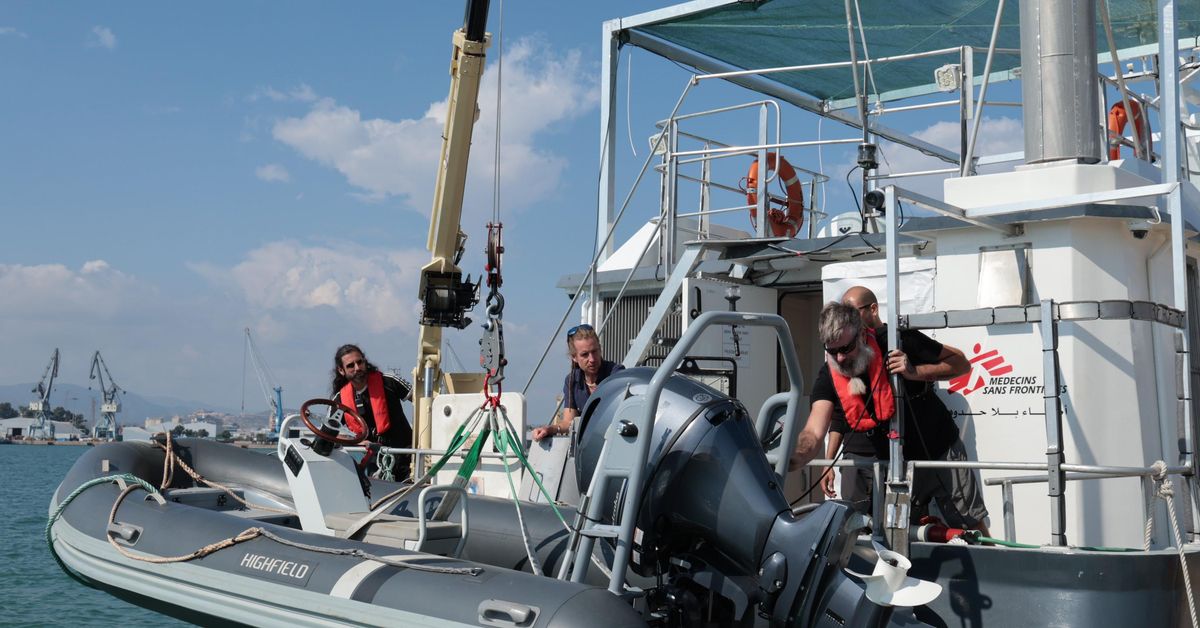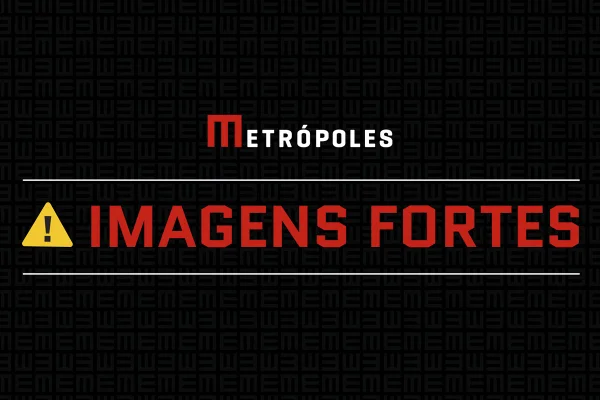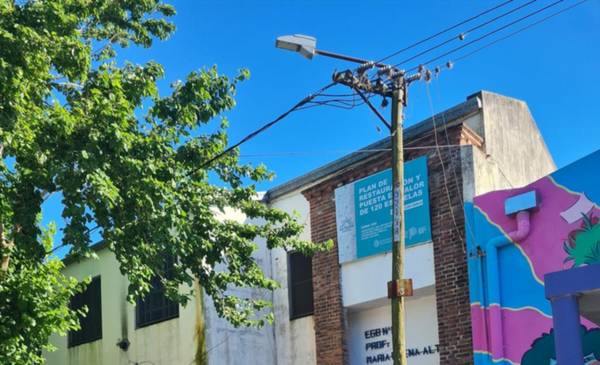
A year of departures, arrivals, deportations to Libya, shipwrecks, deaths, and disappearances. It was a year in which we were on land rather than at sea, as the government’s continued attempts to disrupt humanitarian operations in the Mediterranean and reduce arrivals at all costs forced us to disembark from the ship Gio Barents, which due to its large size was assigned to far-flung ports such as Genoa and Ravenna, rather than further rescues.
How many castaways could you help in one year? There is no answer. What is certain is that in 10 years more than 25,000 people died in the central Mediterranean trying to reach the gates of Europe. The loss of life at the bottom of the ocean should be an outrage to everyone, and should prompt governments to take action based on their obligations under international law.
The criminalization of NGOs is not an isolated event, but part of a broader strategy to dismantle the fundamental rights of migrants.
Over the past year, deaths at sea have become less and less newsworthy, but what is on the rise is the dehumanization of people on the move. The legal framework in Italy and Europe remains unchanged, perpetuating shameful return and detention policies at the expense of the people. Obstacles and restrictions on rescue and reception at sea are above all punishments for all those who, in the absence of safe routes, are forced to travel through the central Mediterranean in search of protection, freedom and opportunity, exposing themselves to further suffering, violence and death.
“Island of Hope”
The criminalization of NGOs is not an isolated event, but part of a broader strategy to dismantle the fundamental rights of migrants, including the Protocol between Italy and Albania and the agreement between Italy and Libya. If the former endangers the physical and mental health of migrants, the latter is nothing more than criminal collaboration with the Libyan Coast Guard, which is trained and funded to carry out illegal repatriations, including shooting at compromised boats and rescue teams.
Our response to all this is to return to the Mediterranean on the Oivon, the name of Médecins Sans Frontières’ new ship, which literally means “Island of Hope.” As we have rescued more than 94,000 people over the past 10 years, we will continue our support for one of the world’s most dangerous migration routes and condemn anti-migrant violations by Italy and other European Union member states. As an independent humanitarian organization working in global emergencies, we do not normalize state apathy and inaction.
May good winds blow over Oivon, and may it be a safe harbor for all who meet it.



